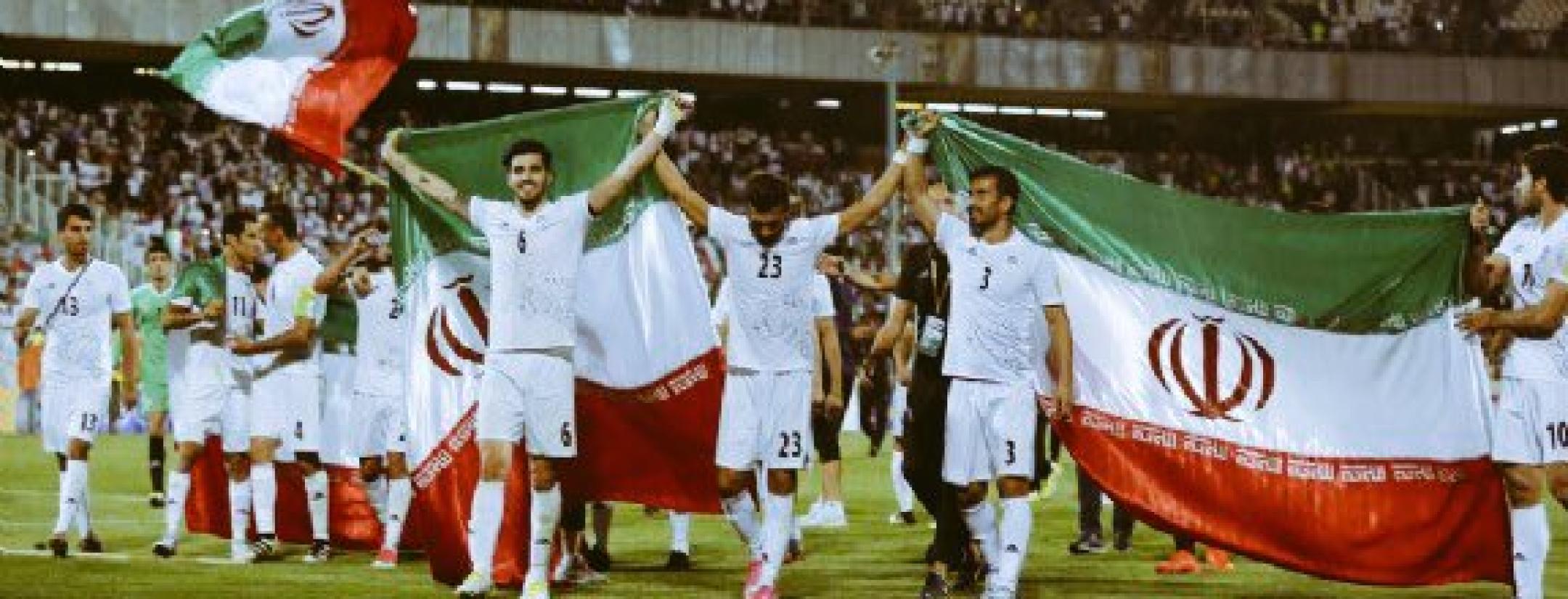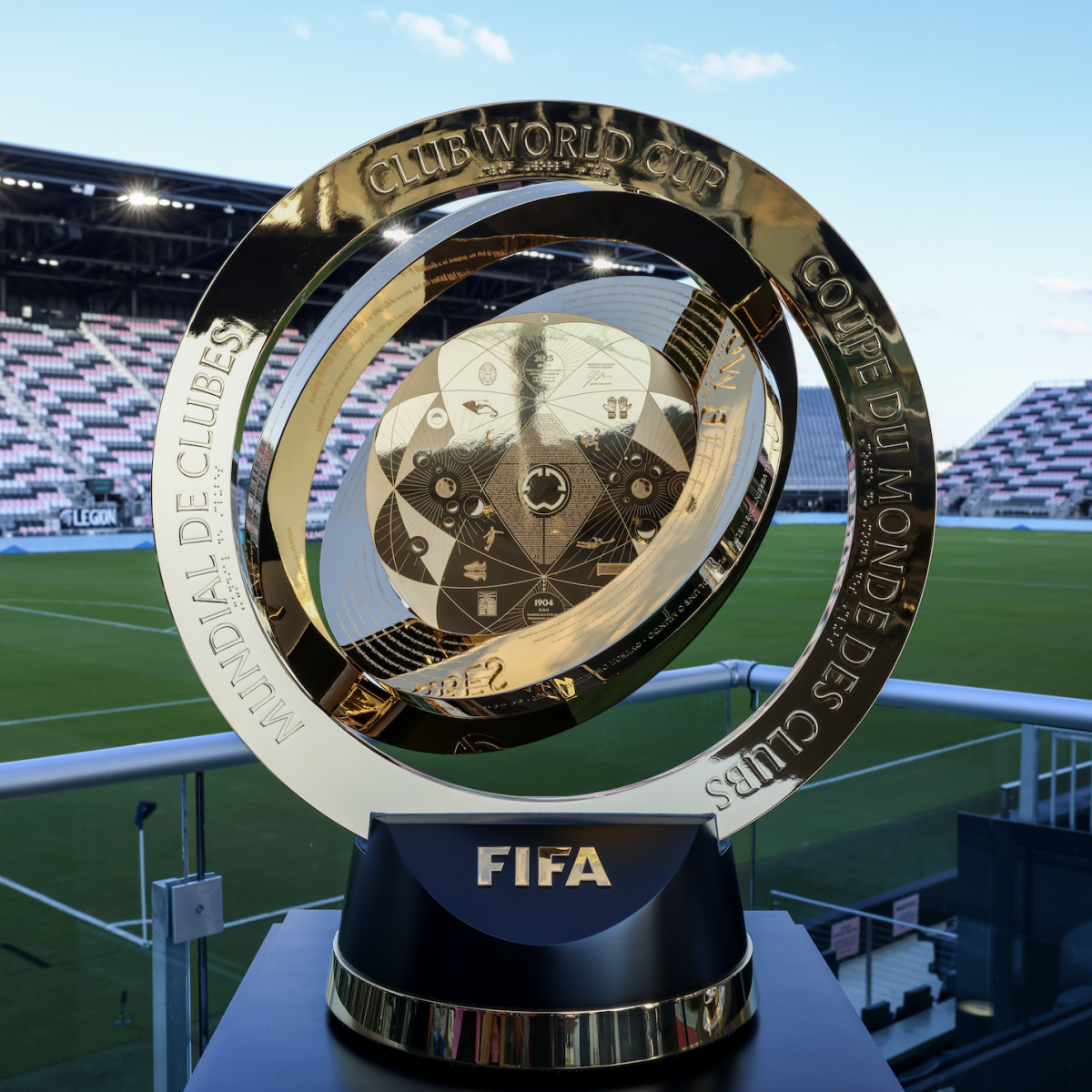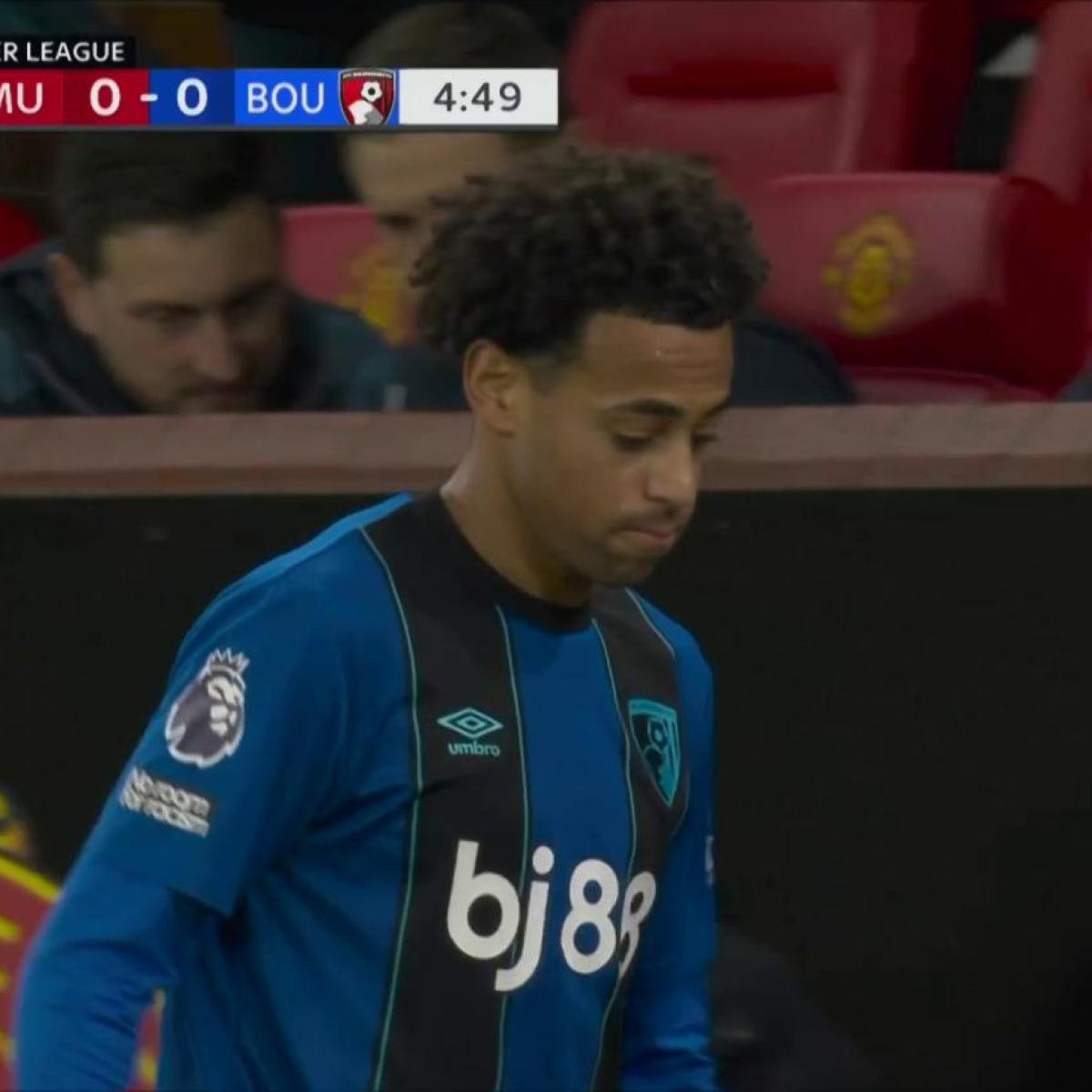If you're looking for a sleeper team at the 2018 World Cup, Iran is a good candidate.
They were recently the third team to qualify for Russia 2018, having gone undefeated in both the second and third rounds of AFC qualifying to this point (12-4-0).
Traditionally Iran has not been a soccer powerhouse — their highest FIFA ranking was 15 in 2005 — but the last seven years under manager Carlos Querioz have seen them steadily improve from the 50s to their current ranking of 30. Querioz has previously managed Real Madrid and Portugal's National Team, and he was a longtime assistant of Sir Alex Ferguson at Man United. His pedigree put him on par with high profile national team managers, and Iran has been smart not let him go.
Some might remember Iran's strong effort against Argentina in the Group Stage of the 2014 World Cup. After a scoreless draw against Nigeria, Iran looked poised to replicate that result until a brilliant Lionel Messi strike in extra time broke the deadlock.
Brilliant goal that gave the victory to Argentina by Messi vs Irán. #Argentina... (Vine by Just Amazing Goals) https://t.co/WddcxZhigq
— What A Goooooooal (@WhatAGoooooooal) February 4, 2016
Iran's defense was its foundation in Brazil, and it continues to serve the team well. Conceding three goals in 16 World Cup qualifiers is no fluke, and looking at the roster helps explain the strength. Players' ages and current clubs are included in the lineup.
The chemistry on the back line is evident, with three of the four projected starters all playing together at Persepolis, champions of last season's Persian Gulf Pro League. Ehsan Haji Safi, who was Frankfurt's primary option on set pieces last season, will now join Iran's captain Masoud Shojaei at the Greek side Panionios (the team finished 5th in Super League Greece in 2016-17).
Saeid Ezatolahi, who at 20 already has 18 caps with Iran's senior team, and Sardar Azmoun play together in Russia with FC Rostov, a team that beat Bayern in the UCL group stage last season.
The familiarity that some of Iran's players have with each other gives them an obvious advantage over many other international teams. Iran also has a nice blend of experienced defenders and young attackers. Taremi (10 goals in 19 caps) and Azmoun (19 goals in 26 caps) are promising strikers just entering their primes.
Iran hasn't won much since its three Asian Cup trophies (1968, '72, and '76), all of which preceded the Iran-Iraq War that drained its talent pool and put national sports on the backburner. They slowly rebuilt their team, and since 1998 Iran has qualified for four of six World Cups. They've never advanced beyond the group stage, but don't be suprised if Iran makes it to the knockout rounds in Russia.
They're dominating Asia now, and they've proven that they can slow down the best attacking teams, as evidenced by their performance against Argentina in Brazil.




